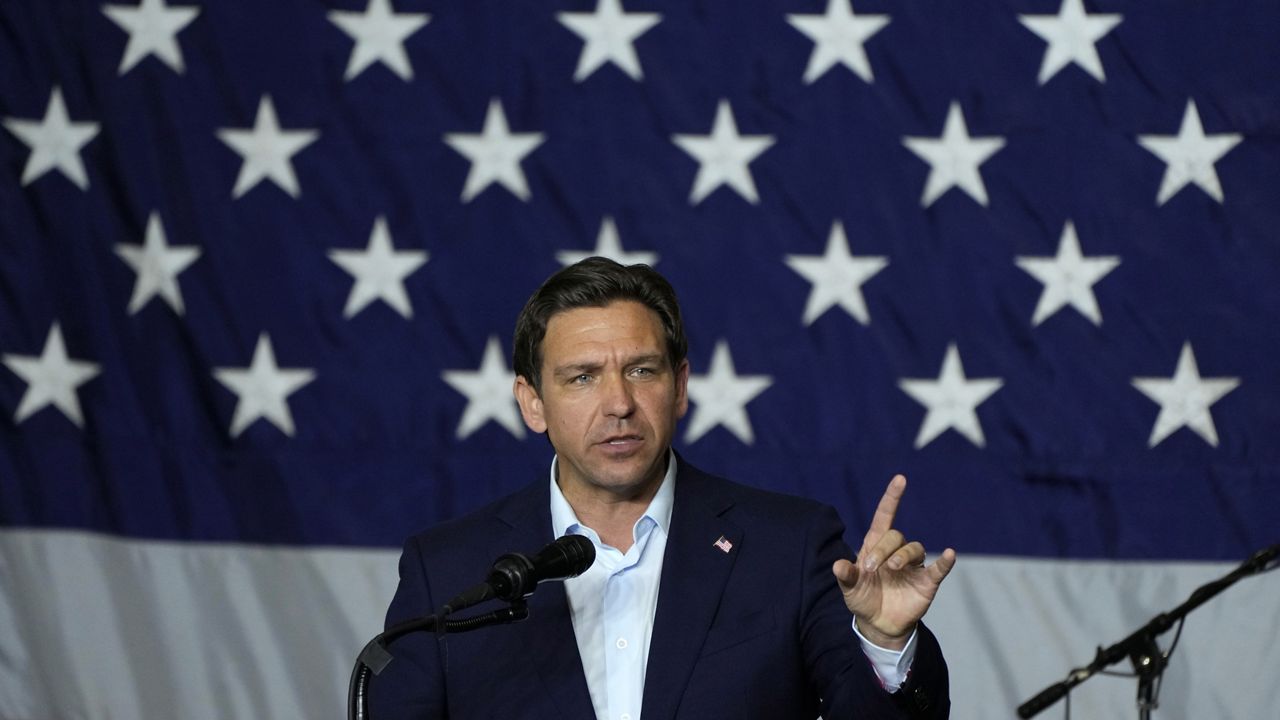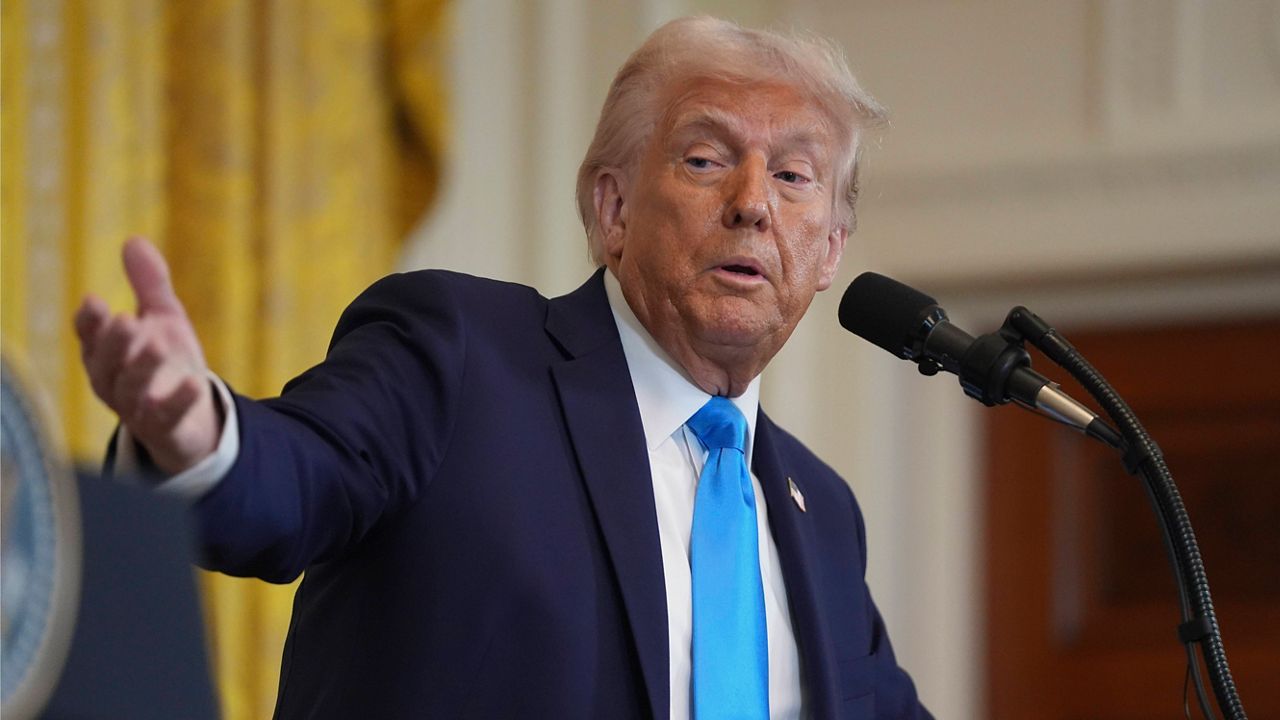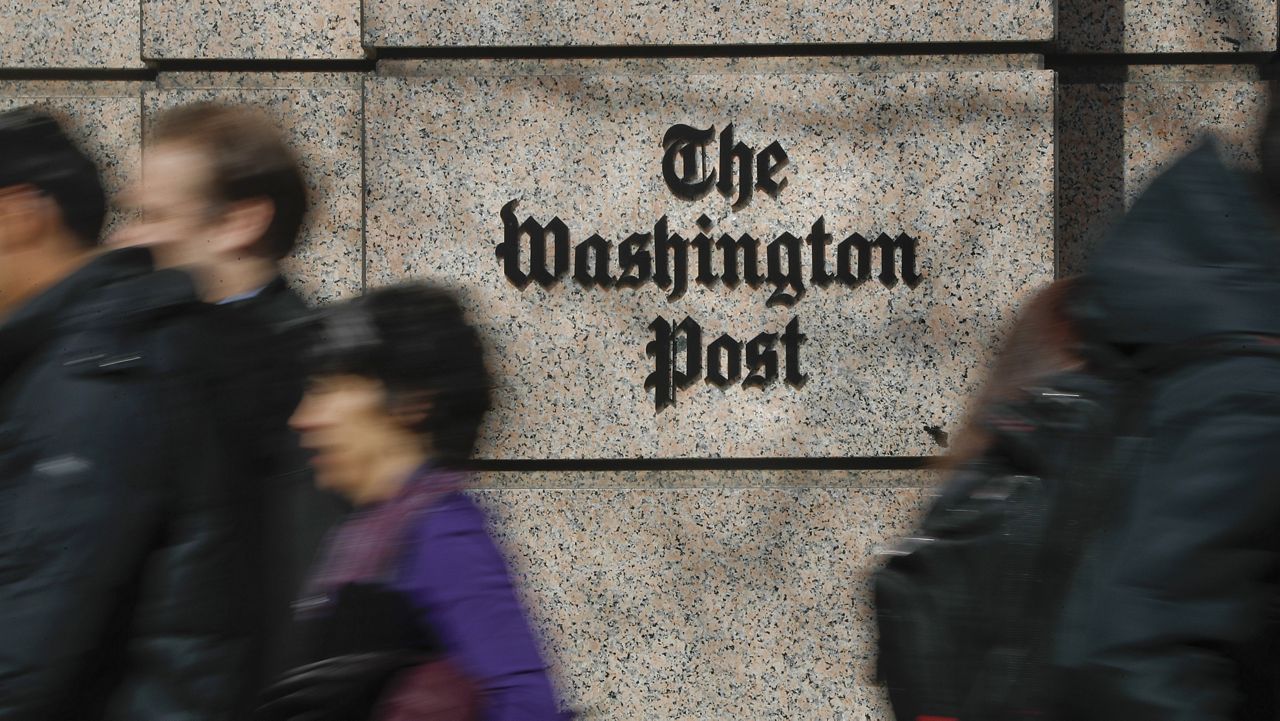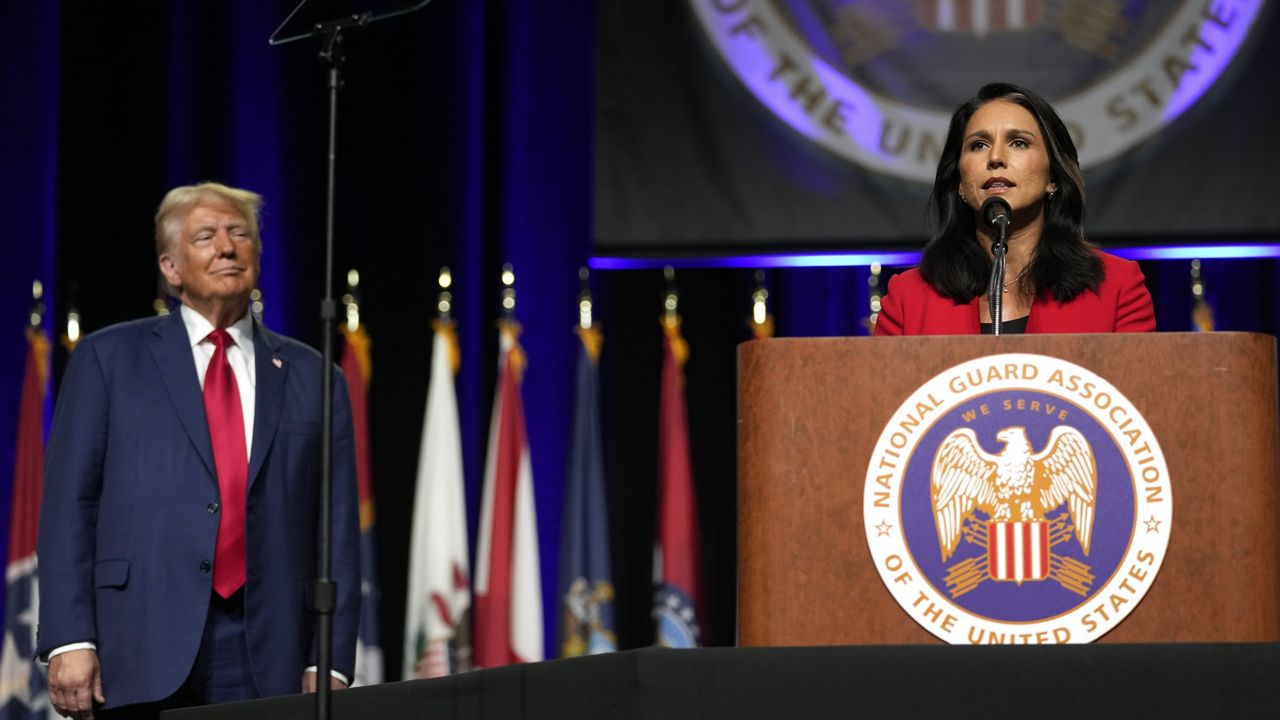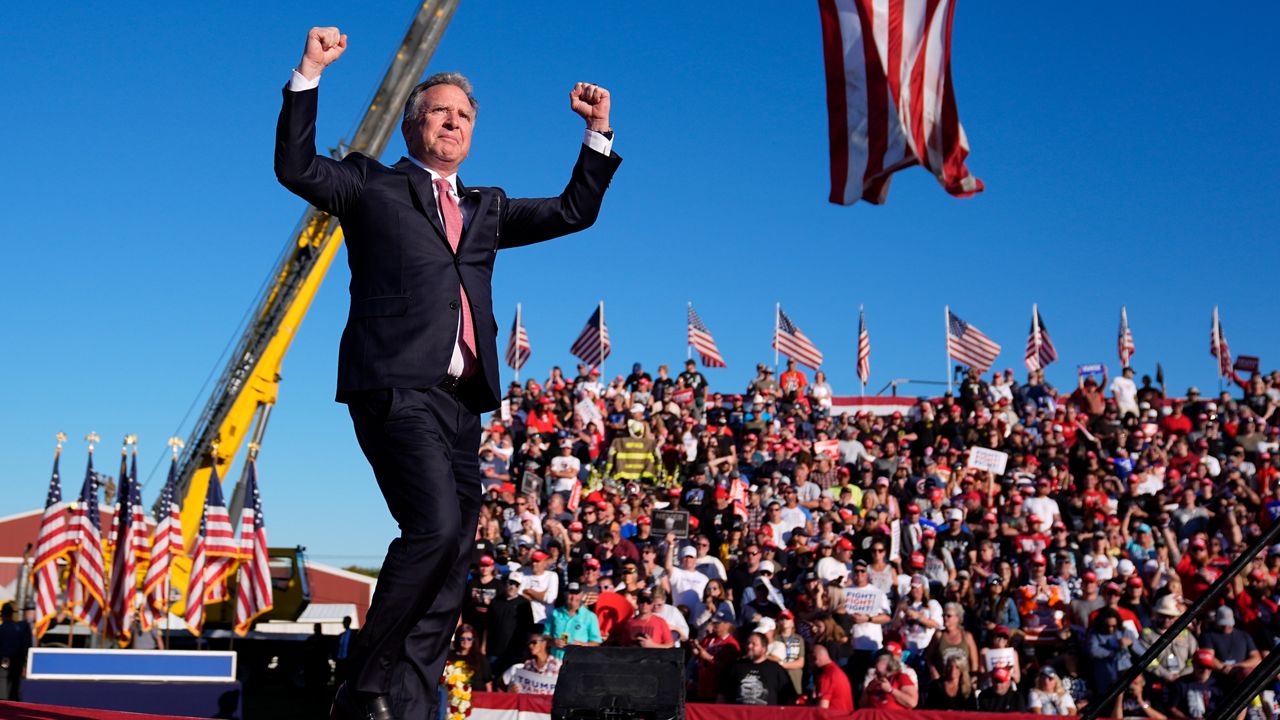At the beginning of the year, Florida Gov. Ron DeSantis was seen by many as the best-positioned Republican politician in the country to challenge former President Donald Trump, a former ally, for the GOP presidential nomination in 2024. He trailed Trump by just two percentage points on average in national polls as recently as Feb. 18, according to the polling aggregator FiveThirtyEight, and major GOP donors were lining up to support his inevitable candidacy.
Then, once he officially announced on May 24, the money began pouring in despite Trump’s lead ballooning to nearly 35 percentage points. In the first six weeks of his campaign, DeSantis’ campaign and affiliated committees raised over $20 million, including over $8 million in the first 24 hours after his announcement.
On Wednesday, billing it as a “DeSantis Comeback” that “shattered expectations,” his campaign announced that between his official presidential campaign and two committees, the Republican governor had raised $15 million in the last three months.
“This significant fundraising haul not only provides us with the resources we need in the fight for Iowa and beyond, but it also shuts down the doubters who counted out Ron DeSantis for far too long,” his campaign manager James Uthmeier said in a statement. “Ron DeSantis is the only candidate with the vision to reverse America’s decline and the track record to prove he will get the job done.”
“This campaign is built to last and win. Ron DeSantis is the only candidate in this race who can beat both Donald Trump and Joe Biden,” Uthmeier added.
His campaign did not immediately provide details on how the money was split between the three entities and official campaign finance filings won’t be published by the Federal Election Commission until Oct. 15. But the New York Times reported not all of it will go directly into his campaign coffers and much of the money left in the bank at the beginning of this month was earmarked for the general election due to restrictions on how much donors can give towards a primary fight.
In a statement, Trump's campaign lambasted the numbers as "worse than expected."
"Yikes! Ron DeSanctimonious released his fundraising numbers for the past quarter and they are worse than expected—showing he has even less money to spend on the primary than he did the quarter before," Trump campaign spokesperson Steven Cheung said in a statement. "If DeSanctus got rid of his campaign manager and fired a third of his team after last quarters’ anemic fundraising numbers, one can only imagine the rampage he will go on after his campaign failed him once again in embarrassing fashion."
In national polls, DeSantis is but tenths of a percent away from his lowest point this cycle. As of Wednesday, FiveThirtyEight has him averaging 13.7%, good enough for second place but over 41 percentage points behind Trump’s 55.3%. Among Republican primary voters nationally, Trump has never polled higher this cycle than he has in the last few weeks.
In the first state in the primary process, Iowa, the picture is slightly better: most recent polls show DeSantis in a solid second place, but still 30 percentage points behind Trump.
In New Hampshire, the second state to vote in the primary, things are somewhat worse: he trails Trump by 35-40 percentage points in most polls and has been leapfrogged in the standings by former South Carolina Gov. Nikki Haley. In some polls, he trails New Jersey Gov. Chris Christie and entrepreneur Vivek Ramaswamy.
Campaigns treat both states as key to gaining momentum in the media narrative and the eyes of voters, with candidates investing considerable time, energy and cash attempting to woo voters in the Hawkeye and Granite states.
DeSantis’ campaign said as much on Wednesday, boasting the governor will visit 74 of Iowa’s 99 counties by Monday and “has lured Trump to battle him in Iowa despite the former president’s team in August saying they had already moved on to the general election.” Multiple outlets reported DeSantis campaign leadership announced on Wednesday that a third of his staff would be relocated from Tallahassee, Fla., to Iowa.
But after months of floundering, staff turnover and donors reportedly having second thoughts, the $15 million haul might not be enough to get the governor through the fall without a dramatic change to the primary race’s dynamic.
During the same period in 2019 — July 1 to Sept. 30 in the year before a presidential election — four candidates in a competitive Democratic presidential primary outraised DeSantis’s $15 million. Vermont Sen. Bernie Sanders raised over $25 million, Massachusetts Sen. Elizabeth Warren brought in just under $25 million, and then-Mayor of South Bend, Ind., Pete Buttigieg received $19 million. The party’s eventual nominee, Joe Biden, brought in just under $16 million.
For Biden, at the time, the number was one of concern. “‘We’re Asking You to Dig Deep’: Biden Seeks to Steady Finances as Allies Fret,” read one New York Times headline in October 2019, quoting a memo from top Biden adviser Steve Ricchetti pleading with donors for funds. In a possible good sign for DeSantis, Biden now occupies the White House with Buttigieg working for him; Sanders and Warren remain in the Senate.
And in the third quarter of 2015, with competitive primaries on both sides of the aisle, Sanders raised $26 million and former Secretary of State Hillary Clinton raised nearly $30 million in what was largely a two person race.
On the Republican side, retired neurosurgeon Ben Carson brought in just under $21 million. One of DeSantis’ predecessors in Florida’s governor’s mansion — Jeb Bush — raised $13 million, though an outside super PAC had hauled in well over $100 million on Bush’s behalf at that point. Trump, emerging as that primary’s frontrunner, had yet to truly begin soliciting donations from supporters.
Not all is lost for DeSantis. The primary season is still relatively far off, with the Iowa caucuses set for Jan. 15, 2024, and the New Hampshire primary likely to occur a week or so later (an exact date has yet to be locked in).
And Trump, despite his massive lead, faces a number of unknowns that could derail his campaign. He’s the only former president to ever be charged with a crime, much less 91 felonies. Beyond the federal and state prosecutions he faces in four jurisdictions, his business empire is on trial in a civil case in New York this week, keeping the Republican frontrunner in a Manhattan courtroom for much the last three days.
DeSantis still seems to think he has a chance. And without knowing other candidates’ fundraising numbers from the last three months — no other campaign has yet to publicize their numbers — it’s possible DeSantis is still best equipped to take on Trump. He outraised every candidate other than Trump from April 1 to June 30, despite joining the race later than most.
“Casey and I are beyond grateful for all those who chipped in what they could to strengthen our movement to take back the White House and reverse America’s decline,” DeSantis wrote on X. “We're ready to fight, lead, and win!”




